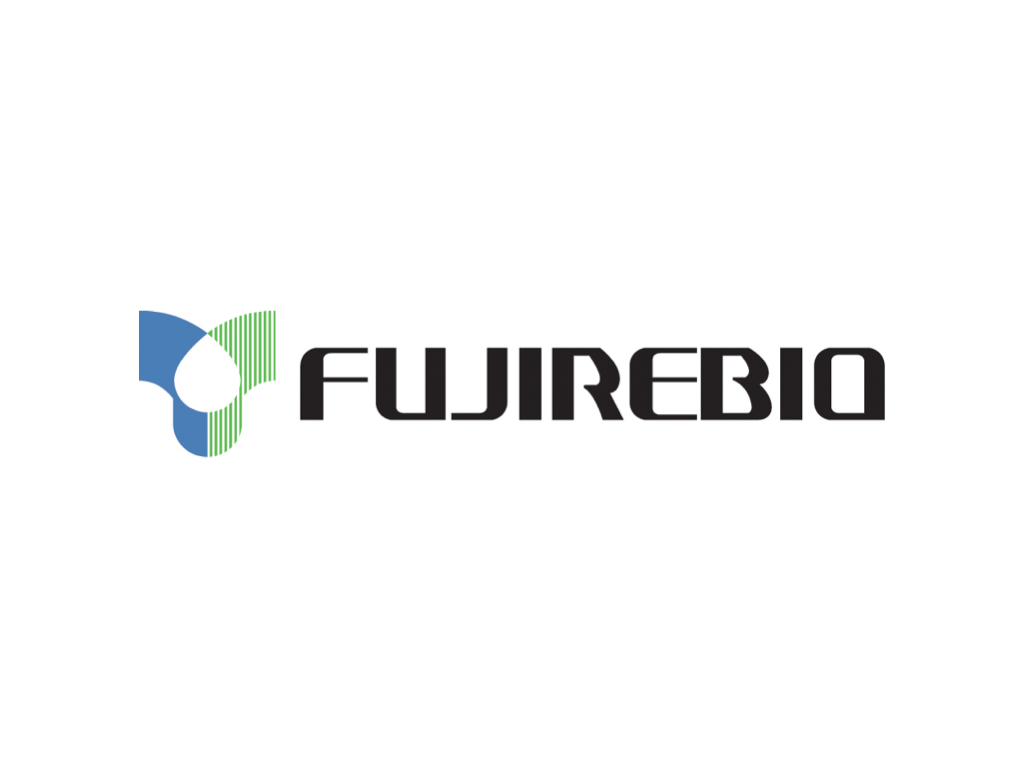



Original from: 360DX
The US Food and Drug Administration said on Wednesday it has issued de novoclassification to Fujirebio Diagnostics' Lumipulse G ¦Â-Amyloid Ratio (1-42/1-40) test, allowing the company to market it as a tool for diagnosing Alzheimer's disease.
The test, which is intended for use in people 55 years and older with cognitive impairment who are being evaluated for Alzheimer's and other causes of cognitive decline, is the first in vitro diagnostic that the FDA has allowed to be marketed for early detection of the amyloid plaques associated with Alzheimer's.
Traditionally, clinicians have detected these plaques using PET imaging, which can cost thousands of dollars per scan. The Lumipulse test detects the presence of amyloid plaques by measuring the ratio of ¦Â-amyloid 1-42 and ¦Â-amyloid 1-40 in patient cerebral spinal fluid (CSF). In the clinical study supporting the de novo submission, researchers looked at a clinical study of 292 CSF samples from the Alzheimer¡¯s Disease Neuroimaging Initiative sample bank and determined that 97 percent of individuals positive for plaques by the test were also positive by PET, while 84 percent of individuals who tested negative were also negative for amyloid on their PET scan.
"The availability of an in vitro diagnostic test that can potentially eliminate the need for time-consuming and expensive PET scans is great news for individuals and families concerned with the possibility of an Alzheimer¡¯s disease diagnosis," Jeff Shuren, director of the FDA¡¯s Center for Devices and Radiological Health, said in a statement. "With the Lumipulse test, there is a new option that can typically be completed the same day and can give doctors the same information regarding brain amyloid status, without the radiation risk, to help determine if a patient¡¯s cognitive impairment is due to Alzheimer¡¯s disease."
"The development of accurate tests for AD using biomarkers found in the CSF or other bodily fluids is a requirement if we are to make real progress against this dreaded disease," William Hu, chief of the division of cognitive neurology at Robert Wood Johnson Medical School, said in a statement. "The importance of early diagnosis in AD is widely acknowledged, but until now, there has been no approved biomarker test available to clinicians and patients."
"FDA authorization of the Lumipulse G ¦Â-Amyloid Ratio (1-42/1-40) test and the upcoming US launch are important milestones in the campaign to transform AD into a manageable disease," Monte Wiltse, president and CEO at Fujirebio Diagnostics, said in a statement. "Patients, physicians, and families now have a valuable new tool to help identify those individuals whose early symptoms may be indicative of AD, providing the opportunity to adopt lifestyle changes and potentially to access new therapies aimed at slowing or stopping disease progression."
Fujirebio obtained CE marking for the test in 2017. According to the company, more than 50,000 of the tests are being performed each year in memory clinics associated with hospitals in Europe and other regions that accept the regulatory designation.
Source: Fujirebio Gets FDA De Novo Classification for Lumipulse Alzheimer's Test